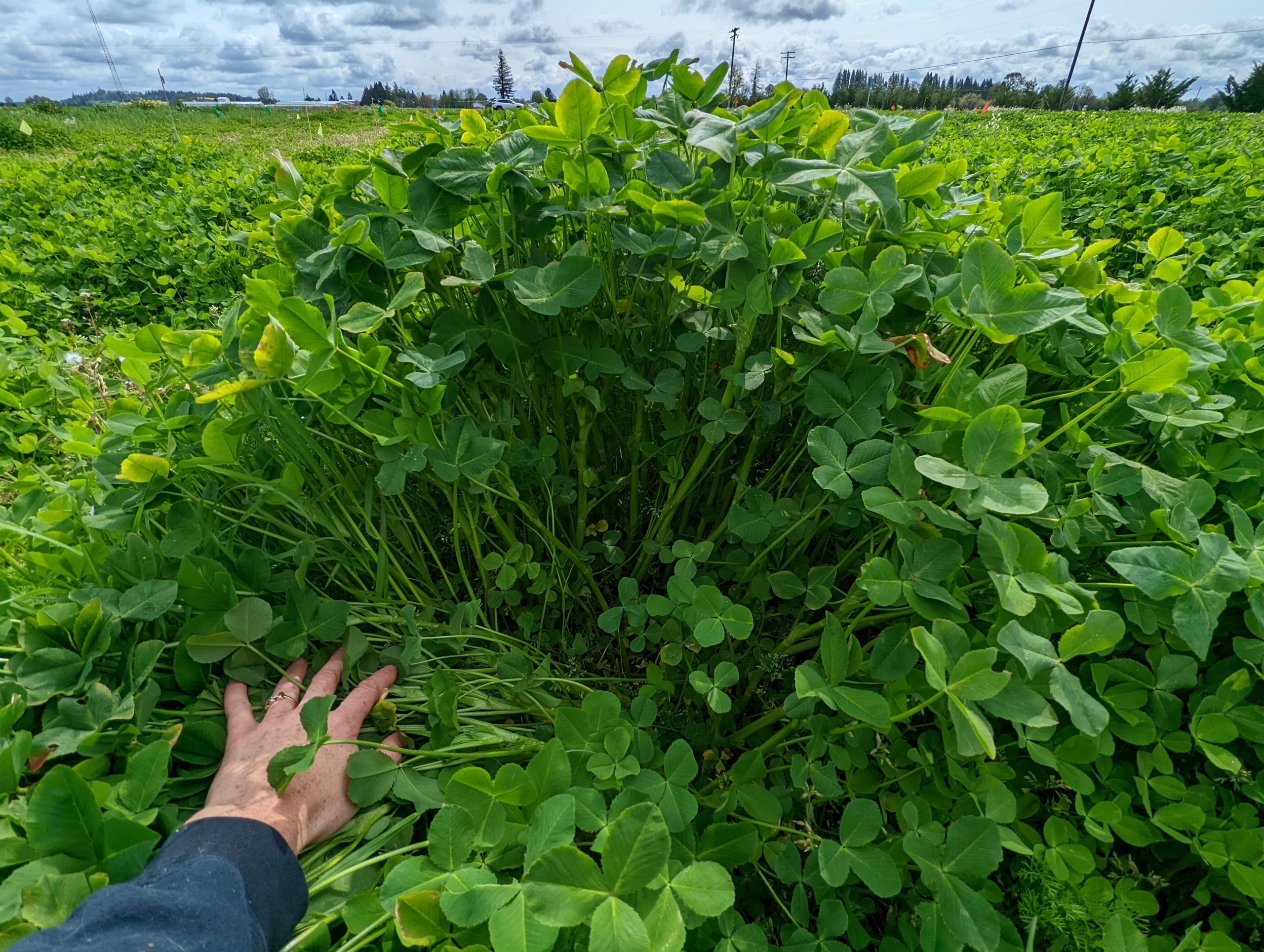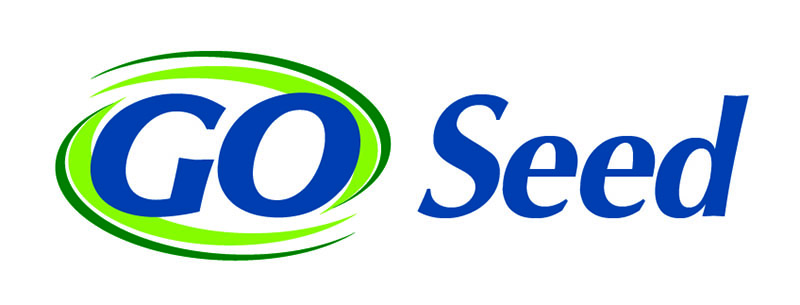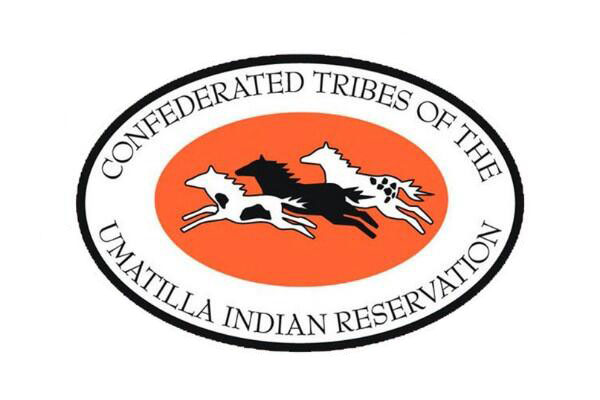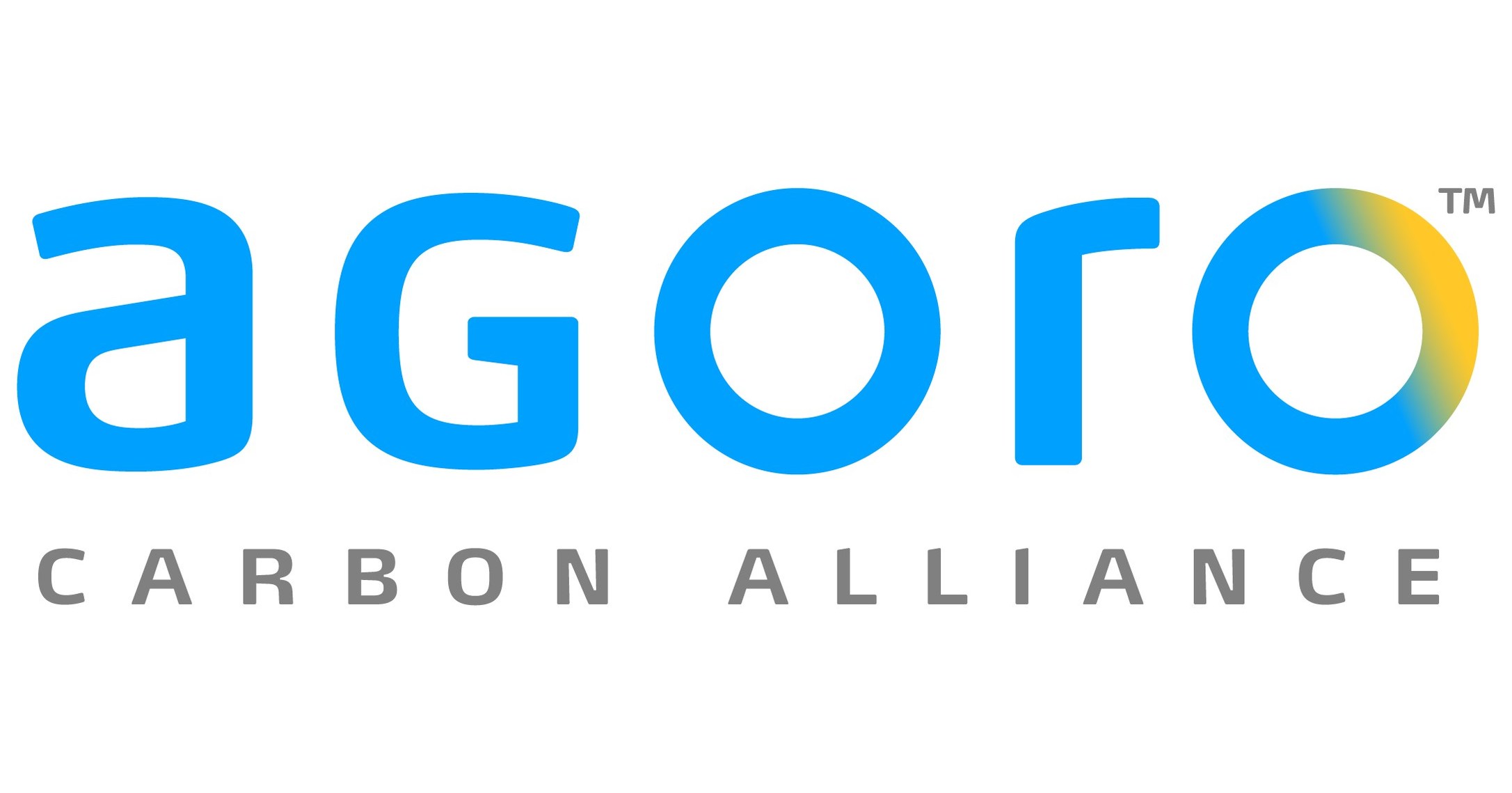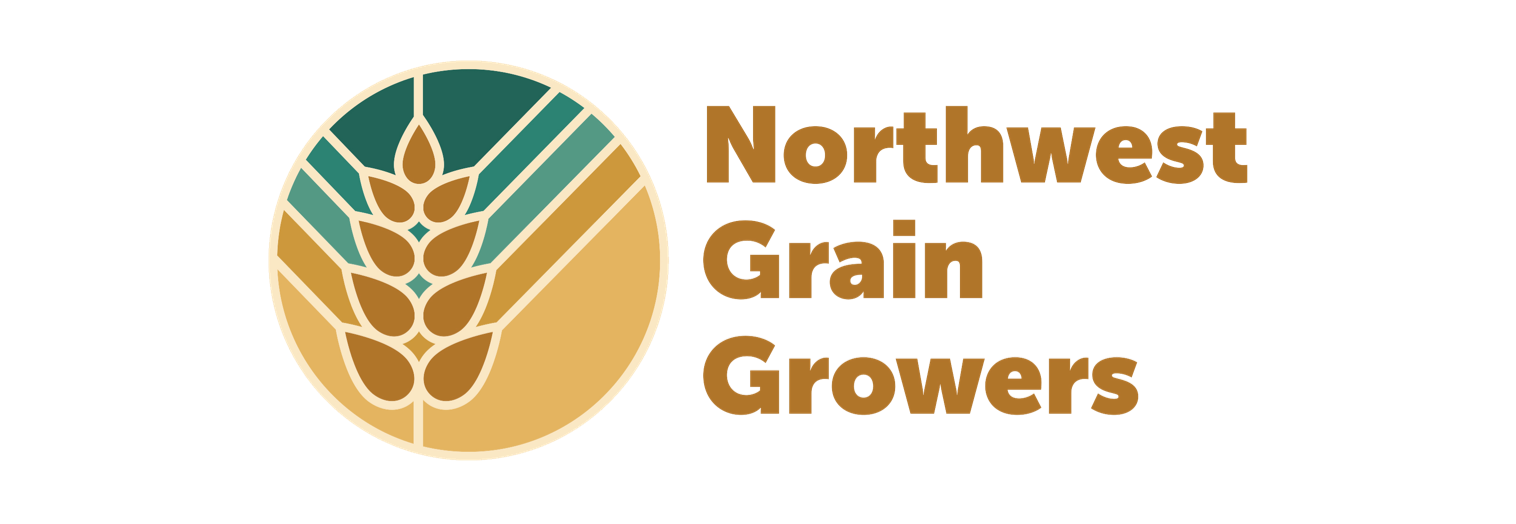About Us
This partnership was brought together through the course of applying for a grant from the USDA Partnership for Climate Smart Commodities program. We are working throughout the supply chain to:
• Improve soil health in the Pacific Northwest
• Create a Climate Smart brand and demand for wheat grown using climate smart (regenerative or conservation) management practices
• Build the size and resiliency of the cover crop seed industry so that farmers throughout the US can protect their natural capital and get more carbon back in the soil where it belongs
Soil Health
Soil health is the continued capacity of the soil to function as a vital living ecosystem to sustain life.
The work of regenerating soil health is related to supporting that living ecosystem, feeding and nurturing that microbial herd, so they can do the work. When we get the microbes to do the work of cycling plant essential nutrients, building structures, holding and infiltrating water, and cycling and storing carbon, then the farmer can reduce input costs, including labor and fuel and save money. All farms are different and need to support a different biological community. The following are general principles that are applied through a soil health management plan.
- Learn your context
- Maximize living roots
- Keep the soil covered
- Support biodiversity
- Minimize disturbance

Program Snapshot for Farmers Curious About Enrollment
The USDA has established a five-year pilot program called the Partnership for Climate Smart Commodities. The goal is to increase adoption of climate smart agricultural and forestry practices and to support the development of a free-market system to reward farmers for their stewardship. Most of the funding is going toward increasing the adoption of conservation/soil health/regenerative/climate smart practices. However, the program also allows a marketing opportunity for those of you who took on conservation practices many years ago.
Our specific program, lead by GO Seed, “Cover Crop Seed Production Grown with Climate Smart Wheat,” has a primary objective of growing the size of the cover crop seed industry in anticipation of the increase demand that this, and other incentive programs, will create. However, adding cover crop seed production to a wheat rotation is only one option and has a very limited footprint. In order to create a Climate Smart Wheat market, we have designed our project to allow early adopters a marketing pathway. To start marketing your wheat, through Northwest Grain Growers, as Climate Smart Wheat, we need you to provide us with some paperwork and demonstrate that your soil carbon is higher than it would be if you hadn’t taken on conversation practices.
To demonstrate that early adopters have already increased their carbon, we will take soil samples from 0-6 inches and 6-12 inches and send it off for analysis of organic carbon (about 50% of your organic matter) and bulk density. We will compare your samples to our baseline samples that are taken from fields with no conservation practices in a similar soil texture and in a similar precipitation zone. So long as your soil carbon stock is higher than the related baseline sample you will qualify. From there it is just a matter of making sure we have all the proper paperwork.
If you are ready to add more conservation practices or are just getting started in your soil health journey, we may be able to get you signed up too. We have partnered with Agoro Carbon Alliance who specializes in marketing carbon credits and provides agronomic support through the transition. They are ready to sign up growers in the Northwest who are ready to take on new practices on a minimum of 500 acres. Several practices may qualify you for selling carbon credits including; reducing tillage, adding cover crops, adding legumes to your operation and decreasing nitrogen use, and improved grazing management. To learn more about whether or not you qualify for this program. Please reach out directly to Agoro, Jake Tilden-Browning is the local contact.
If you are interested in growing cover crop seed, please call the Research Agronomist of GO Seed, Jack Pieper, directly to discuss the requirements. This is a small part of the program and will require strict adherence to specific guidelines.
We are thrilled with the response to the program so far. At this point, we do not expect we will be able to sample all the acres for all of the early adopters that are interested this year. Inclusion in this program this year will be on a first come (sending data, contract, and sampling), first serve basis. We look forward to building the program more every year.
Getting Started
- Contact the team at GO Seed to discuss how you fit into the program and the current timeline
- Reach out to your FSA office to get a copy of your subsidiary form and PDF maps for the acres you want to enroll (see “FSA Release Form” in Resources tab on top of page)
- Work on management history forms with GO Seed team
- Send FSA files to GO Seed team
- Schedule soil sampling
To be approved to market Climate Smart Wheat:
- Sign the Early Adopter Climate Smart Wheat Pilot Program Contract (see Resources tab on top of page)
- Soil sample results with carbon stock higher than relevant baseline
- Have paperwork completed
Information that will be needed to fill in management history:
- FSA Farm, Tract, and Field Numbers,
- Basic farm description and your motivation for the program
- Very basic farming type from 1980-2000 (i.e. grazing, irrigated, row crop)
- Detailed (estimations okay) information from 2000-present related to the following topics
- Tillage and residue management
- Crop rotation, including conservation cropping or cover cropping
- Fertilization
- Yield
- Grazing
- Other practices, liming, burning, buffer zones
We look forward to working with you. Please feel free to reach out with any questions.
*ATTENTION ALL GROWERS INTERESTED IN THIS PILOT PROGRAM*
We had a successful Spring 2024 sampling season! Soil samples were collected in both NE Oregon and SE Washington: Umatilla, Walla Walla, and Columbia counties. Around 12000 acres were sampled through the months of April and May.
We will be sampling again in Spring 2025! All interested growers are able to start paperwork for spring registration.

